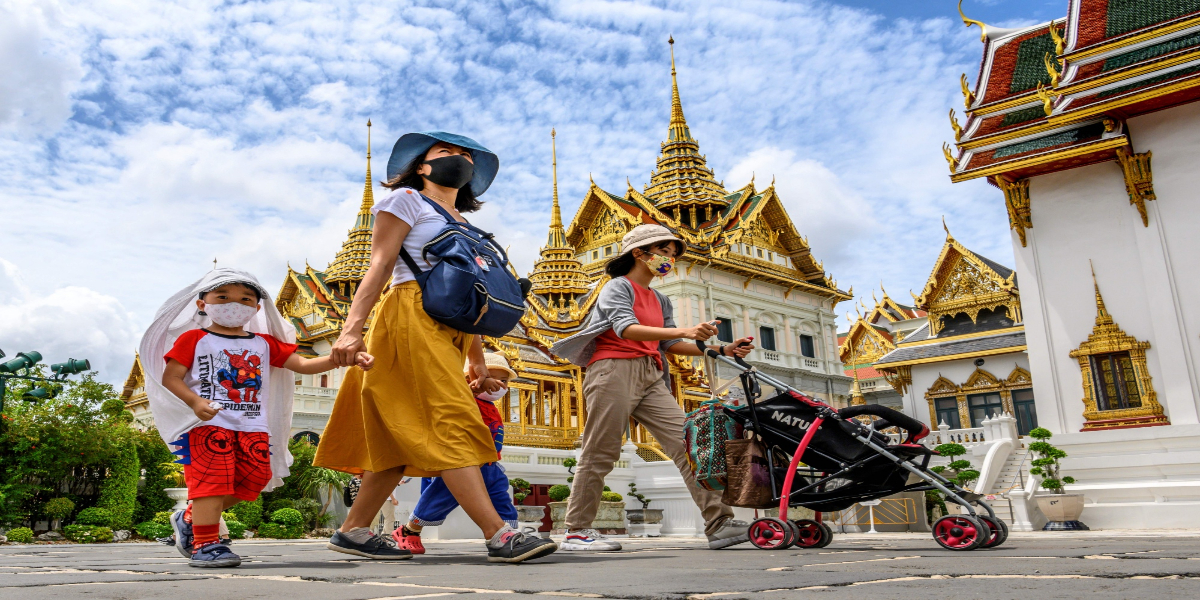- The decision is in response to the slower spread of coronavirus Covid-19.
- The use of face masks will be voluntary beginning next month, but recommended for use in crowded areas.
- Thailand is one of the most popular travel destinations in the world.
BANGKOK: Thailand said on Friday that it would suspend its much-criticized pre-registration process for foreign tourists and no longer require face masks to be worn in public, In response to the slower spread of Covid-19.
Travel Minister Pipat Ratchakitprakan informed reporters that the “Thailand Pass” system, which requires foreign travellers to obtain prior authorisation from Thai officials, will be discontinued on July 1, erasing one of the country’s last remaining travel restrictions.
Read more: Thailand legalises marijuana trading
Despite loosening quarantine regulations, Thailand received approximately 40 million visitors in 2019, compared to less than 1% in 2018.
Even while tourism has improved in recent months, the industry is far from recovering, with massive employment and business losses in a sector that contributes to approximately 12 percent of Thailand’s gross domestic product.
The coronavirus task force announced on Friday that the use of face masks will be voluntary beginning next month, but recommended individuals wear them while in crowded areas or when suffering from health concerns.
Read more: Thailand’s export growth slowed

















